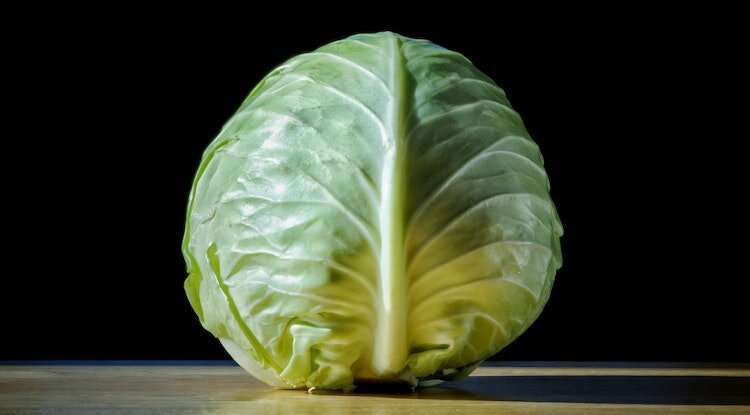Happy St. Patrick's Day: Eat Your Cabbage
In theme with St. Patrick’s day, we inevitably find cabbage on our plates. It’s one of my favorite veggies of all times, and this week my goal is to inspire us all to take full advantage of this holiday and eat that cabbage. A simple search of the scientific literature reveals that there are a ton health benefits to including cabbage into your diet.
May protect from cancers:
Cabbage, AKA Brassica Oleracea, is a cruciferous vegetable (like broccoli, kale, and brussels sprouts). These plant foods contain phytochemicals that have been shown to be protective against many cancers (1). The phytochemicals in these foods influence our genes to do things like speed up detoxification and turn down cancer activity (2). Some studies even state that regular consumption of these vegetables is important in the elimination of cancer as a life threatening disease (3).
Protects heart cells from damage:
When there is an imbalance in the body’s ability to quell oxidation, this is referred to as oxidative stress. Oxidative stress in the heart is associated with heart disease. When specific heart cells were stressed, cabbage extract proved to protect these cells against death. In addition, cabbage extract acted as an antioxidant and therefore suppressed oxidative stress. It also preserved the heart cell’s mitochondria function when exposed to oxidative stress. The study concluded that cabbage extract can be used as a therapeutic agent to protect against oxidative damage to the heart (4).
Contains antioxidants and anti inflammatory potential:
Diseases like cancer and heart disease are more likely to manifest when there is oxidation and inflammation. Consuming foods like cabbage, which is high in antioxidants and anti-inflammatory activity, may protect against these diseases. Red cabbage was highest in antioxidants and Chinese cabbage was the highest in anti inflammatory potential (5).
May lower blood sugar and help against insulin resistance:
Several studies on animals demonstrate cabbage’s ability to regulate blood sugar and insulin levels (6,7,8) and conclude that cabbage may offer a therapeutic source for the treatment of diabetes.
May reduce breast pain with engorgement:
For those of us who have experienced breastfeeding, you know the pain of breast engorgement, mastitis, and/or weaning. Applying cabbage leaves topically, whether frozen, refrigerated, or room temperature, has been shown to offer relief from pain (9). This is an old-school remedy that has been used for centuries and while the research is inconclusive (9), there is certainly no harm.
May support healthy weight:
Increased fruit and vegetables intake is inversely associated with weight change over time. This means that the more fruits and veggies people ate, the less they weighed. This was more so for foods high in fiber and low in sugar, just like our beloved cabbage. High fiber foods like cabbage can make you full for longer and positively impact blood sugar, insulin levels, and fat storage (10).
There're a lot better cooks out there than myself so I’ll spare you my recipes but a simple google search of cabbage recipes will give you plenty of options to choose from.
Thanks for reading, and enjoy your veggies.
Resources
https://www.sciencedaily.com/releases/2015/05/150505182614.htm
https://www.ncbi.nlm.nih.gov/pmc/articles/PMC3787240/
https://www.ncbi.nlm.nih.gov/pmc/articles/PMC4354933/
https://www.ncbi.nlm.nih.gov/pmc/articles/PMC6109504/
https://pubmed.ncbi.nlm.nih.gov/24377584/
https://scialert.net/fulltext/?doi=jas.2019.413.420
https://pubmed.ncbi.nlm.nih.gov/18830445/
https://bpspubs.onlinelibrary.wiley.com/doi/abs/10.1111/j.1476-5381.1950.tb00596.x?sid=nlm%3Apubmed
https://pubmed.ncbi.nlm.nih.gov/27820535/
https://pubmed.ncbi.nlm.nih.gov/30000833/
https://www.ncbi.nlm.nih.gov/pmc/articles/PMC4578962/


